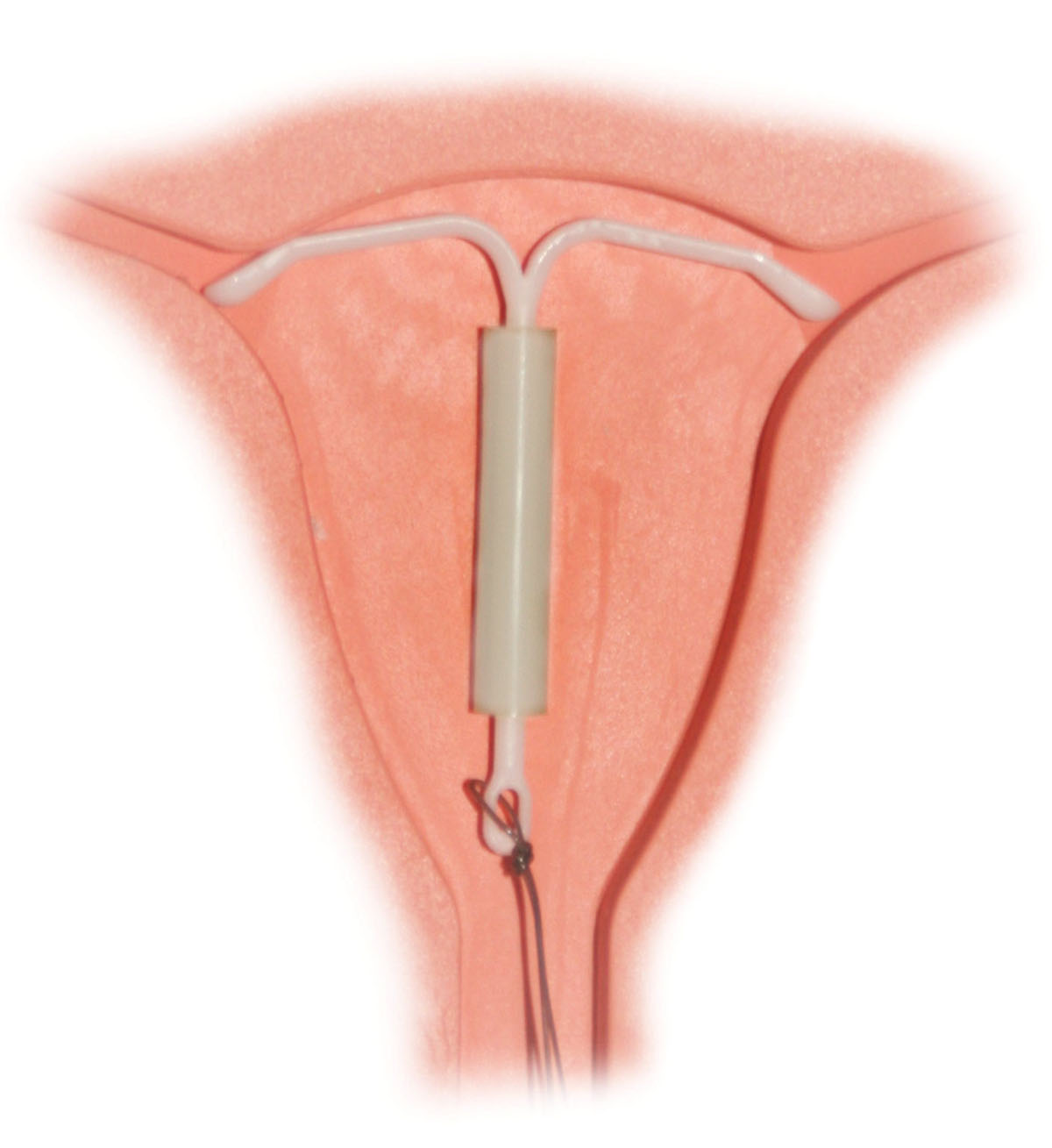
Mirena coil is a contraceptive device that gets inserted into the womb and contains an active ingredient called levonorgestrel. The ingredient is a synthetic form of the progesterone and it gets released into the womb once the Mirena coil is inserted into the womb. Levonorgestrel increase the thickness of the mucus at the womb’s neck and by doing so prevents the sperm from entering the womb and lessens the possibility of the successful fertilization of an egg.
It prevents the womb lining from thickening on a monthly basis and stops the fertilized eggs from being successfully implanted onto the womb’s walls. It also has a contraceptive effect just by being present in the womb. Mirena is recommended for women who have long and heavy menstrual cycles because it reduces the shed of tissues and lightens the periods. Sometimes it even stops the periods.
Mirena provides immediate pregnancy protection when inserted in the first five days of the menstrual cycle. Sometimes it has to be combined with additional contraceptive methods. Mirena can be prescribed for patients who take hormone replacement therapy consisting only of estrogen and it also reduces the risk of endometrial risk.
Every medication can have possible side effects which may or may not occur in all patients, and each patient may experience any side effect in their own individual way. Mirena coil can trigger changes in menstrual bleeding, development of cysts in the ovaries, weight gain, depression, nervousness, mood changes, nausea, swelling, pain in the lower areas of abdomen, back pain, pain in the breast, painful menstrual periods, hair loss, various genital infections, acne, migraines, vaginal discharge, bloating of abdomen, skin reactions and decreased sex drive.
Before the insertion of Mirena, a patient must inform the doctor if there are any other prescription or herbal medicines taken at the moment, because it might be unsafe to combine Mirena with certain other medications. Other medicines may influence Mirena but up til now it is largely unknown. Mirena’s effect and performance might be reducing by certain other medications because they cause speeding up of the levonorgestrel breakdown in the body.
One should not worry because there can’t be any significant effects since the hormone only gets released in the womb. Antiepileptic medicines, barbiturates, griseofulvin, rifamycin antibiotics and a herbal remedy known as St. John’s wort should not be taken with Mirena because they can have a bad influence on its effect. Women who suffer from diabetes may require slightly different doses of the antidiabetic medicine if they want to use Mirena at the same time.




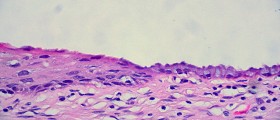




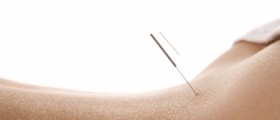

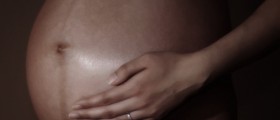
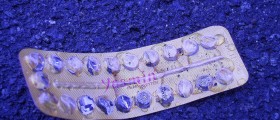




Your thoughts on this
Loading...